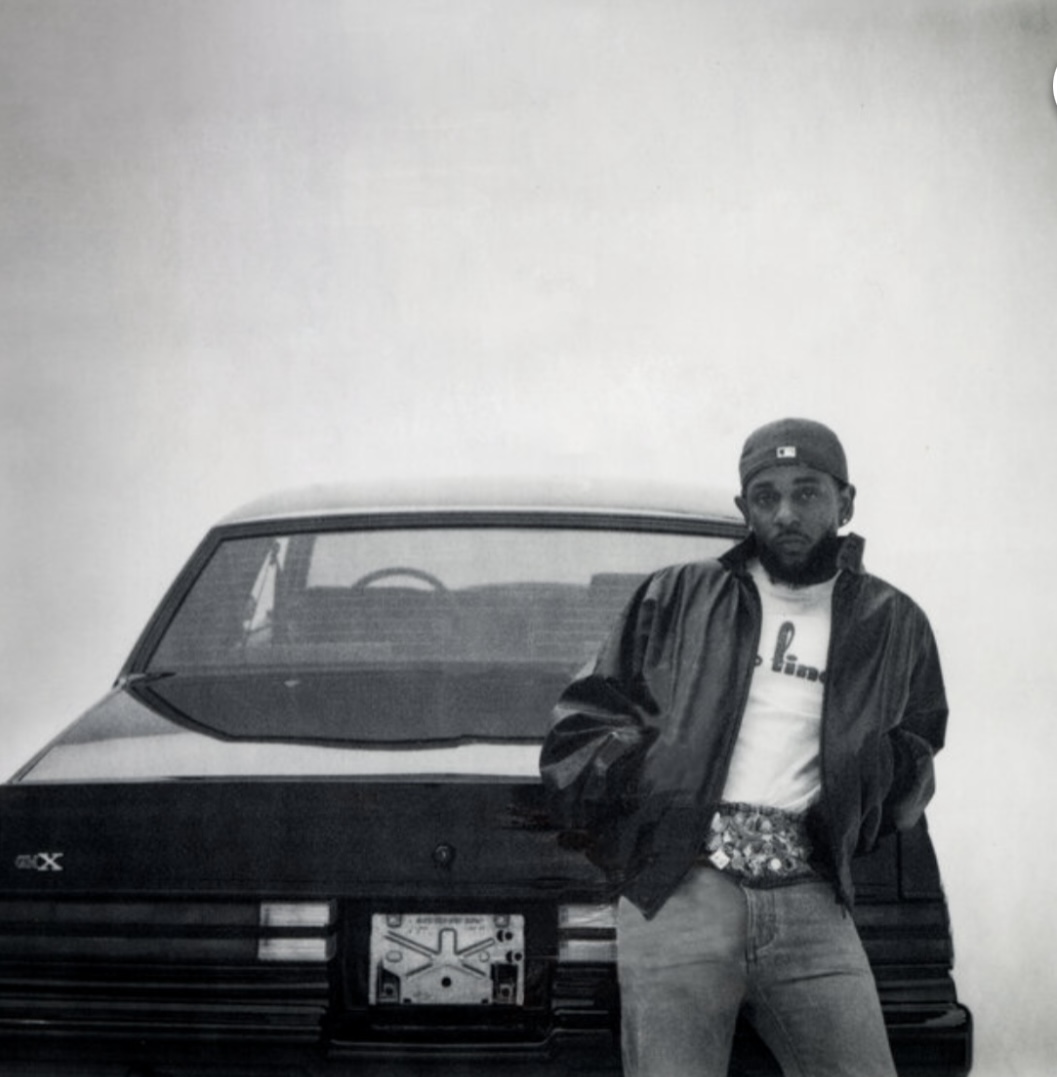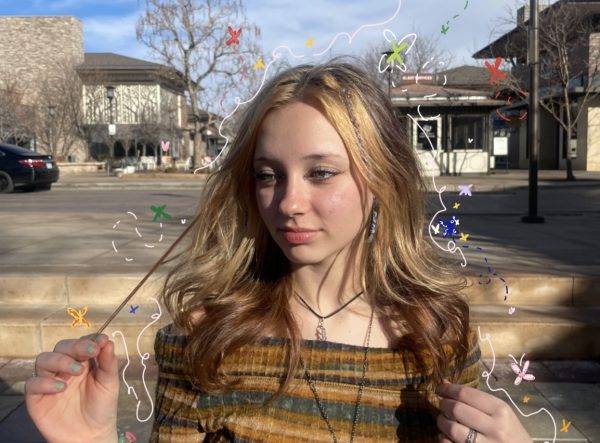Kendrick Lamar’s latest album GNX, released on November 22nd, 2024 with a play time of 44 minutes and 21 seconds, explores the complexities of his identity, spirituality, and the state of modern hip-hop. Featuring 12 tracks, GNX was distributed through PGLang and Interscope Records. In contrast to the series of legendary diss tracks aimed at Drake, this album takes a more introspective turn. As magazine Desert Sun says, it comes “with many of the tracks leaning into sampling, creating a more textured experience by blending hard rap with operatic vocals and retro R&B sounds,” while acknowledging the duality within Kendrick – particularly in his experience as a Gemini – and the spiritual depth that ultimately drives his creativity.
This record achieves many things: addressing ongoing tensions with rivals, such as his highly publicized feud with Drake, featuring several upcoming artists like SZA, Dody6, Sam Dew, and several others, while making space for moments of reflection and spiritual awakening. Throughout this record, Kendrick gives a nod to his West Coast roots and acknowledges the significance of LA culture, clearly stated in a verse from the song ”gnx” included on the album; “Who put the West back in front of sh*t”, as well as reflecting on his own enlightenment which includes a dive into his past lives through the practice of past life regression.
The album opens with “wacced out murals”, a track that both critiques and embraces the negative energy Kendrick often attracts. The title references the hostility he regularly faces, but Kendrick flips this by stating, “But it’s regular for me, yeah, that’s for sure // The love and hate is definite without a cure”. This verse could be interpreted as a response to his long-standing public conflicts, like those with Lil Wayne, especially in light of the most recent interactions, including the Super Bowl incident where Wayne expressed that he was upset that he wasn’t chosen to perform at the Super Bowl. Kendrick responds to this by saying, “He used to bump Tha Carter III, I held my Rollie chain proud // Irony, I think my hard work let Lil Wayne down”.
“hey now”, shows a piece of Kendricks spiritual side with one of the opening lines conveying a sense of inner peace among chaos: “Big faced Buddha gets my peace from within”. It’s one of the album’s more conventionally appealing tracks, often heard during basketball and football games, and has amassed 89,919,442 streams on Spotify alone since its release. Produced by Mustard and Jack Antonoff, the song delivers an intense and unique sound. Passion of the Weiss aptly wrote that the song was, “Kendrick at his best. He snarls throughout the hook and his versus, the delivery is scathing”. The track also adds a quick jab at Drake with the line, “The Black Noah, I just strangled me a goat”, which of course references the tension between the two artists.
“reincarnated”, arguably the most moving tracks from the album, features Mariachi singer Debra Barrera and provides a raw look into a meditation practice known as past life regression. Very similar to Tupac’s style, with high inflection and a passionate tone, Kendrick reflects honestly on the failures of his previous lives, describing how he’d repeatedly let down himself and those closest to him with struggles of drug addiction and deviating from his then family. However, in his current life as Kendrick Lamar, he feels he is finally on the path to true success and personal fulfillment, drawing the spiritual connection between his past struggles and his present journey. The final versus include a conversation between Kendrick and God, “Son you do well but your heart is closed // I can tell residue that linger from your past creates itself // Father I’m not perfect I got urges, but I hold them down”. This conversation furthers Lamar’s own understanding of his flaws as a person granted such a large platform, and how he is expected to use it responsibly and ultimately for the good of his fans, rather than for the benefit of his own ego.
The album closes with “gloria”, a track that metaphorically personifies rap as a woman; an abstract theme that has been explored by many iconic artists. Kendrick lyrically reflects on the complicated relationship between himself and the art form, comparing it to a love affair that’s both tumultuous and deeply fulfilling. The verses explore the push and pull of artistic devotion, with Kendrick acknowledging both the power and the pain that comes with a natural talent in a highly demanding, and at times isolating, form of art.
GNX is a stunning example of Kendrick Lamar’s artistic growth, blending themes like introspection, spirituality, and sharp cultural critique. It’s a dynamic record that not only entertains, but challenges the conventionality of society, asking the audience to think deeply about identity, purpose, and the honest nature of personal growth.
I rate this album an undeniable 10/10.








